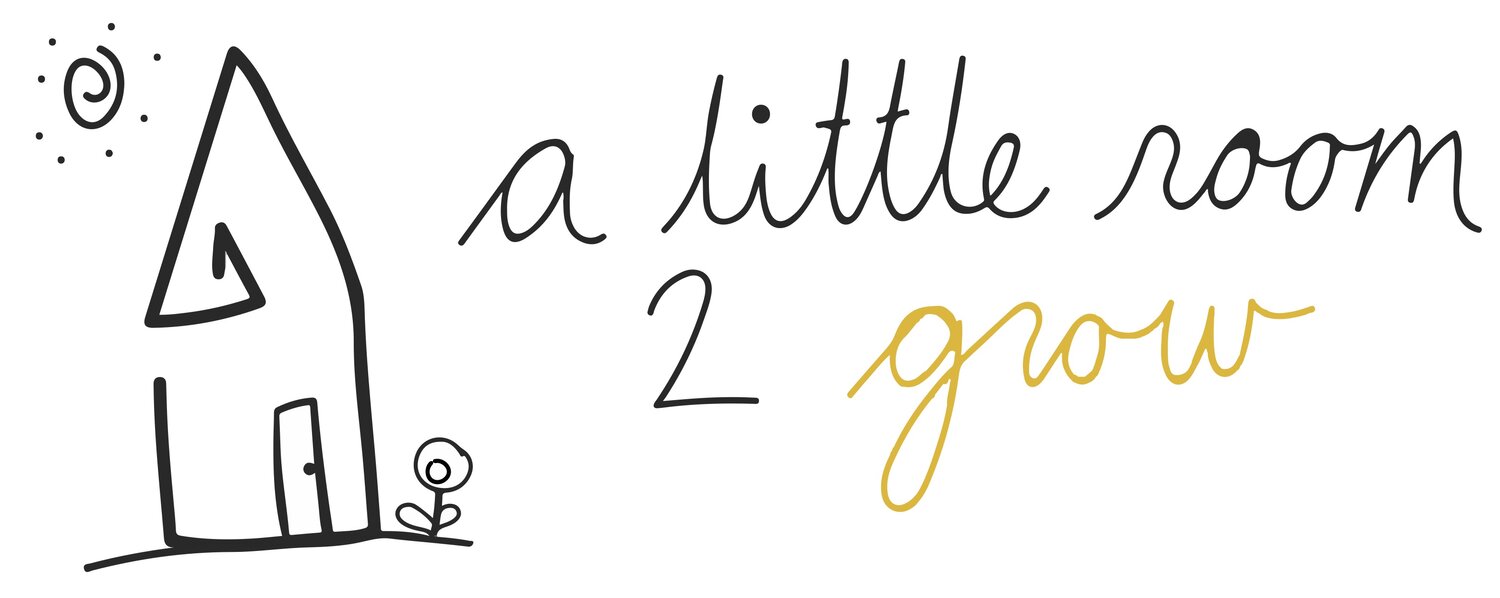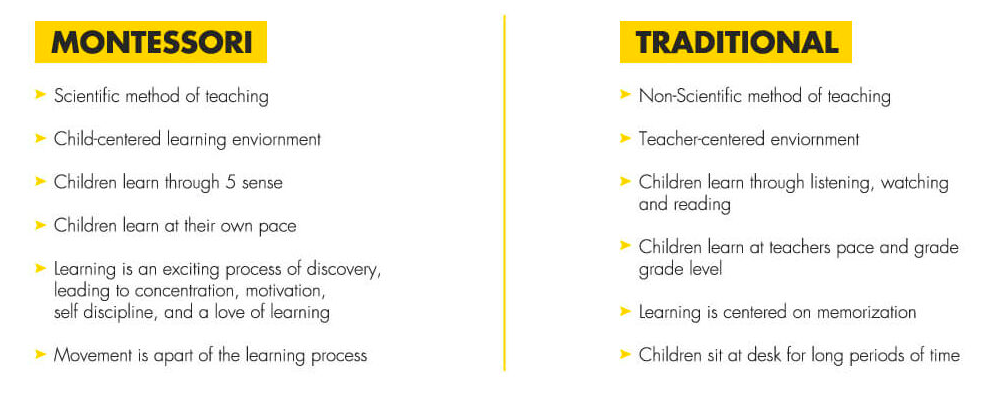FAQ’S ABOUT SERVICES:
Q. Who are these services for?
A Little Room 2 Grow, is for:
The growing minds of newborns to six years.
Parents Seeking Guidance
Expecting Families
Multiple Age Siblings
Childcare Providers
Home Schools
Q. What is the purpose of these services?
I believe in the child's potential. The purpose is to maximize the child's growing experiences through their play space. We want to empower parents to support their child growing needs before entering school. Nurturing opportunities for a child to accomplish self-care task like cleaning after play allows him to tap-into their inner potential. For example, showing your child how to place toys back in its place each time builds mental order, concentration, coordination, self-confidence, discipline, independence, problem solving skills and more.
Q. Does my child have to be in a Montessori school in order to create the environment at home?
Nope! Your child does not have to attend a Montessori school in-order to receive the benefits of an inspired space. However, if he/she has been or currently in a Montessori setting this process will be familiar and comfortable to adapt.
Q. Do I need to become familiar with this philosophy before using the services?
Not entirely, although familiarizing yourself with the philosophy can help you and your child maximum on the home environment experience. In our sessions you will receive references and recommend books to gain further knowledge.
Q. Do child-care providers, home schools or learning centers, need to be Montessori certified to receive one on one services?
No you do not have to be Montessori certified in-order to provided an inspired environment. It is to the benefit of the children and the educator, if you become as familiar as possible about the philosophy and practice daily implementation.
NOTE: These services are not Montessori Training courses. If you choose to seek a certification in this method, please locate your local Montessori AMS or AMI Training facilities.
Q. How do children benefit?
0-18m Infants
These little ones begin to absorb through sight, sound, touch and mouth. They are naturally curious about how things work in environments around them. Creating a space for them to safely explore their curiosities, builds a lasting interest for learning. Playing is learning!
18m-3yrs Toddlers
Toddlers, are constantly seeking for a sense of control while trying to organize the world and are working on independence. They grow to show a true deep interest of adult roles by imitating them. A personalized space for them will promote a sense of control that supports their current development while gaining a sense of boundaries.
3-6yrs Preschoolers
Children 3-6 years express deep interest in understanding and taking part in their daily routine. They work best when participating in hands-on activities. Preparing a inviting play space for preschoolers is most helpful for the child to become apart of their everyday life tasks. From preparing a role playing to clean up, brings about a sense of peace and accomplishment.
OPPORUITNTY TO GAIN:
The ability to problem solve and use critical thinking skills.
Build confidence and self awareness through exploration.
Independence
Love of learning at home.
Builds understanding of natural consequences within the freedom of independence.
Promote coordination, mental order, concentration, fine and gross motor skills and more.
FAQ’S ABOUT MONTESSORI:
Q. What is the difference between Montessori and traditional education?
Q. Where did Montessori come from?
Montessori (pronounced MON-tuh-SORE-ee) education was founded in 1907 by Dr. Maria Montessori, the first woman in Italy to become a physician. She based her educational methods on scientific observation of children's learning processes. Guided by her discovery that children teach themselves, Dr. Montessori designed a "prepared environment" in which children could freely choose from a number of developmentally appropriate activities. Now, nearly a century after Maria Montessori's first casa dei bambini ("children's house") in Rome, Montessori education is found all over the world, spanning ages from birth to adolescence.
Resource: montessori.edu
Q. Is Montessori good for children with learning disabilities? What about gifted children?
The Montessori Method is designed to help all children reach their fullest potential. Montessori classrooms are diverse with varying abilities, ages and culture to cultivate a sense of community where everyone learns from each other. The materials are designed to meet the interest of children with or without learning differences. Every child works at their own pace even when they are on the same material. Trained Montessori teachers are skilled at knowing how to guide each child individually.
Q. What ages does Montessori serve?
There are more Montessori programs for ages 3-6, than for any other age group, but Montessori is not limited to early childhood. Many infant/toddler programs (ages 2 months to 3 years) exist, as well as primary (ages 3-6), elementary (ages 6-12), and even a few Montessori high schools.
Q. What are the benefits of Montessori?
Research studies show that Montessori children are well prepared for life academically, socially, and emotionally. In addition to scoring well on standardized tests, Montessori children are ranked above average on criteria such as: following directions, turning in work on time, listening attentively, using basic skills, showing responsibility, asking provocative questions, showing enthusiasm for learning, and adapting to new situations.
Resource: montessori.edu

